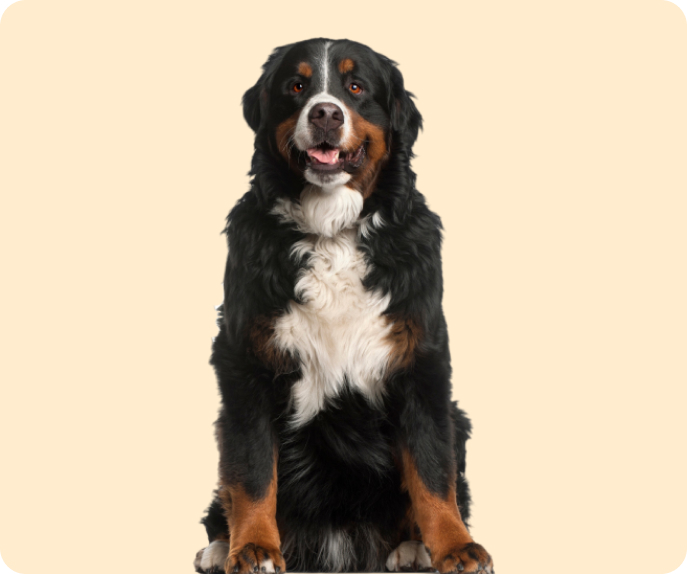Explore
Food
Dogs food for a happy, healthy life! Discover nutrient-rich recipes, expert advice, and tailored diets for your furry friend's unique needs.
Articles comming soon for "
Grooming
Dogs grooming made easy! Discover expert tips, tricks, and products for a healthier, happier pup. Get the best advice for a shiny coat and more!
Articles comming soon for "
Health
Dogs health matters! Discover expert advice on nutrition, fitness, and wellness for a happy, healthy pup. Get tips, guides, and more!
Articles comming soon for "
Training
Dogs-training made easy! Learn expert techniques, fix behavioral issues, and strengthen your bond with your furry friend - fast and effective results guaranteed!
Articles comming soon for "

